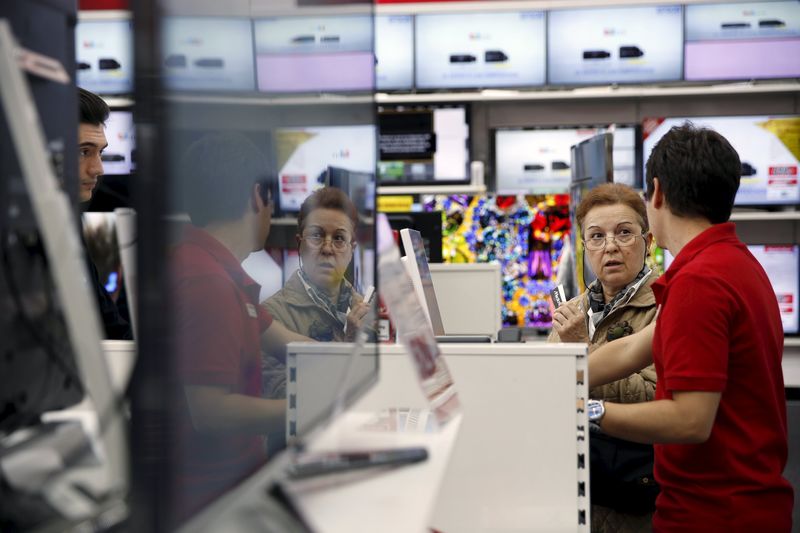Investing.com - U.S. personal spending slowed for the first time in more than two years in December, reflecting a weak consumer at the end of 2018, while personal income also dipped in January
The Commerce Department said consumer spending, which accounts for more than two-thirds of U.S. economic activity, dropped 0.5% last month, its first decline since September 2016.
Economists had forecast a drop of 0.2%.
The data’s release was delayed due to the government shutdown and comes after data that had already shown the lowest level of retail sales in nine years.
Although the personal income data was for January, the first readings of the year for personal spending and the core personal consumption expenditures (PCE) remained delayed, with Friday's readings corresponding to the month of December.
The report also showed that personal income dropped 0.1% in January, its first decline in nearly three years. That came after a 1% rise in December that the Commerce Department attributed to an increase in special payments, including a special dividend from VMWare and subsidies to farmers.
The Federal Reserve's preferred inflation measure, the core PCE price index, which excludes food and energy, rose 1.9% in December from a year earlier, in line with expectations. The Fed generally shoots for inflation close to 2%.
